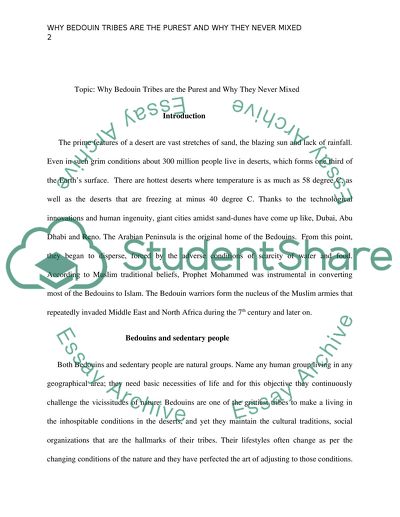Cite this document
(“Religion Against Unjust Amirs Essay Example | Topics and Well Written Essays - 1500 words”, n.d.)
Religion Against Unjust Amirs Essay Example | Topics and Well Written Essays - 1500 words. Retrieved from https://studentshare.org/social-science/1694064-religion-against-unjust-amirs
Religion Against Unjust Amirs Essay Example | Topics and Well Written Essays - 1500 words. Retrieved from https://studentshare.org/social-science/1694064-religion-against-unjust-amirs
(Religion Against Unjust Amirs Essay Example | Topics and Well Written Essays - 1500 Words)
Religion Against Unjust Amirs Essay Example | Topics and Well Written Essays - 1500 Words. https://studentshare.org/social-science/1694064-religion-against-unjust-amirs.
Religion Against Unjust Amirs Essay Example | Topics and Well Written Essays - 1500 Words. https://studentshare.org/social-science/1694064-religion-against-unjust-amirs.
“Religion Against Unjust Amirs Essay Example | Topics and Well Written Essays - 1500 Words”, n.d. https://studentshare.org/social-science/1694064-religion-against-unjust-amirs.


